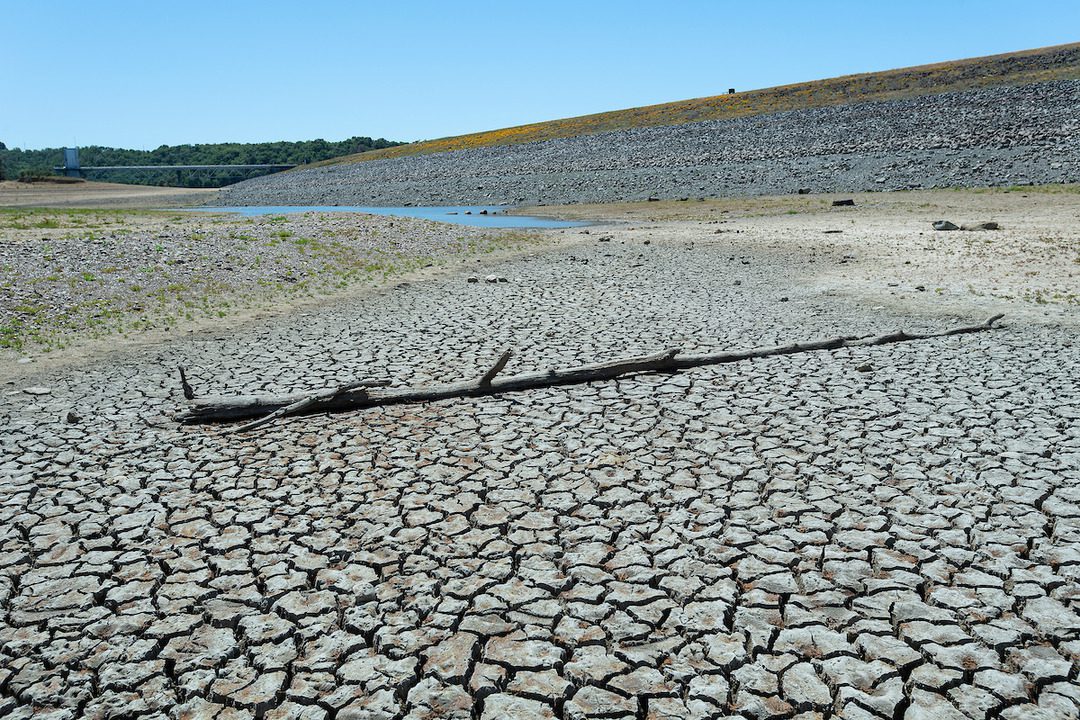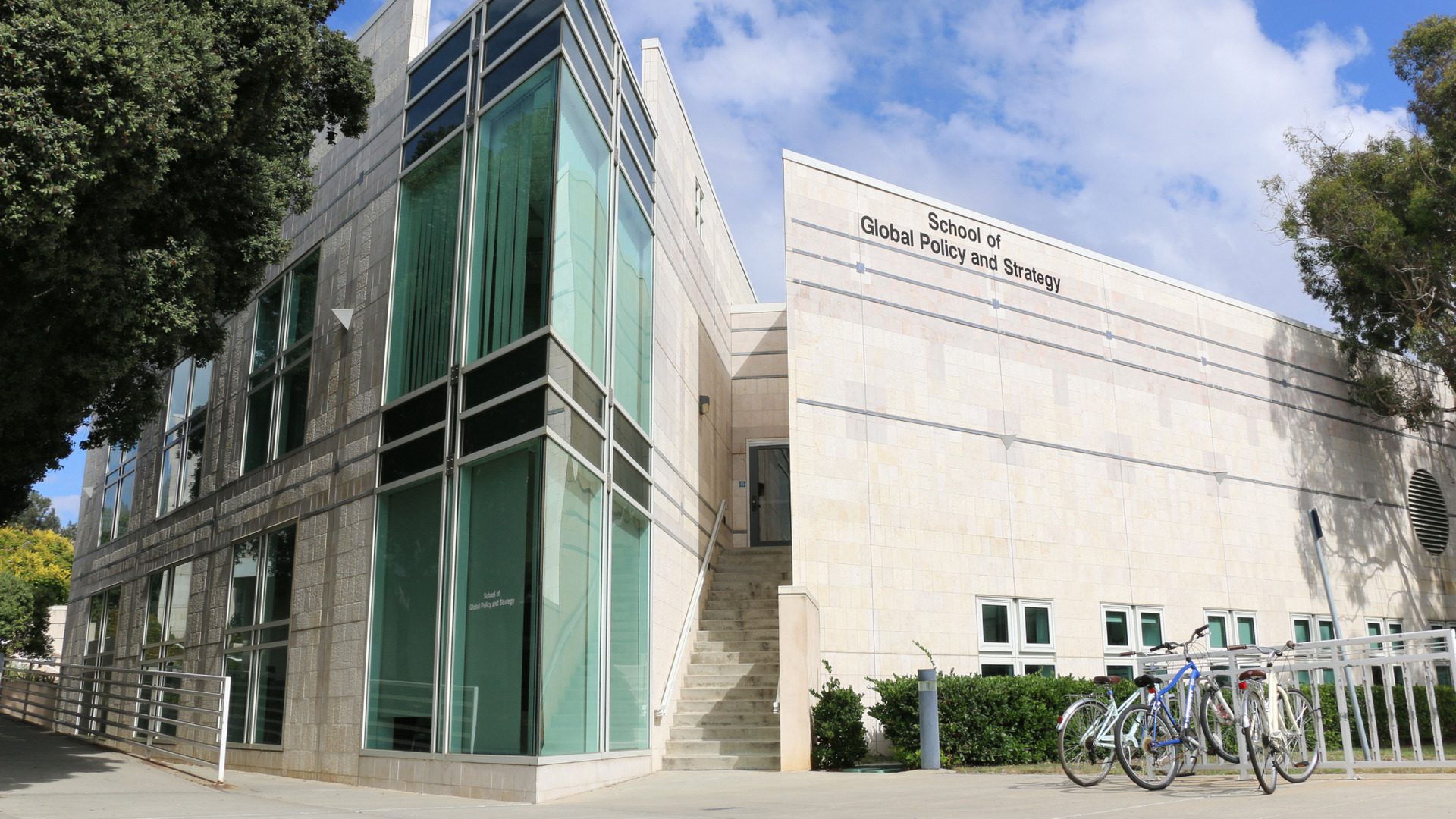A study from UC San Diego’s School of Global Policy and Strategy has found that severe weather patterns associated with climate change might have significant effects on agriculture and financial systems.
The study, published April 8 in the Proceedings of the National Academy of Sciences, used climate and agricultural data from Brazil, showing that changes in weather patterns can point to where financial systems are at risk of collapse.
When weather conditions are worse, crop yield is lower; generally, people adapt to good years and bad years, said study coauthor Jennifer Burney, professor of environmental science at UCSD’s School of Global Policy and Strategy and Scripps Institution of Oceanography.
While that’s not surprising, what Burney and her coauthors found is that, using loan data from agriculture financial institutions, during a bad year, farmers will still default on loans, unable to compensate for the change in crop yield.
Over the next three decades, climate-driven loan defaults could increase by up to 7 percent, according to the study.
This is evidence that farmers are not adapting to the change in weather patterns, Burney said.
“Serious financial consequences are happening when people are defaulting on loans,” she added, consequences “that would increase under best projections of climate change.”
Compared with “natural tipping points,” like the collapse of the Arctic ice sheet, as harbingers of irreconcilable change, the study shows the “human system tipping points,” Burney said.
“We can all absorb some shocks and damage, but when does it turn into something bigger?”

Researchers now have their eyes on predicting, through methods demonstrated in this study, on “when those things might happen,” Burney said, using immediate outcomes in agriculture to pinpoint a possible “drought taking down the financial system.”
To create models for prediction, Burney and her colleagues first asked what it means “to adapt to climate change from the food system perspective,” she said.
Results appeared differently in various locations.
“It’s getting hotter everywhere,” she said. “But … in some places, the trend is steeper than in other places.”
The regional scale of climate extremes is getting more coordinated, with definable structure to the changes, pointing to the need to perhaps invest in drought-adaptive crops or water infrastructure where “the shocks are bigger,” Burney said, with access to better insurance and enforcement of financial systems.
Areas more at risk are those “croplands in semi-arid places,” including Brazil, the southwestern United States and the Sahel band of Africa.
Even though locally, “we’re super lucky in San Diego” to access farming goods easily, Burney said it’s important to pay attention to California’s Central Valley and northern Mexico, where weather is getting “trickier.”
“Our food comes from relatively few people,” she said. “It really matters that they continue to be able to produce.”
Burney urged people to follow the likely renegotiation of the Farm Bill to support innovative policies to ensure farmers “can actually weather the increasingly interesting conditions that they’re facing” in order to shore up financial resilience.
“It really does matter for everybody,” she said.









